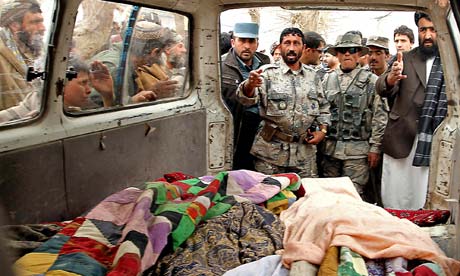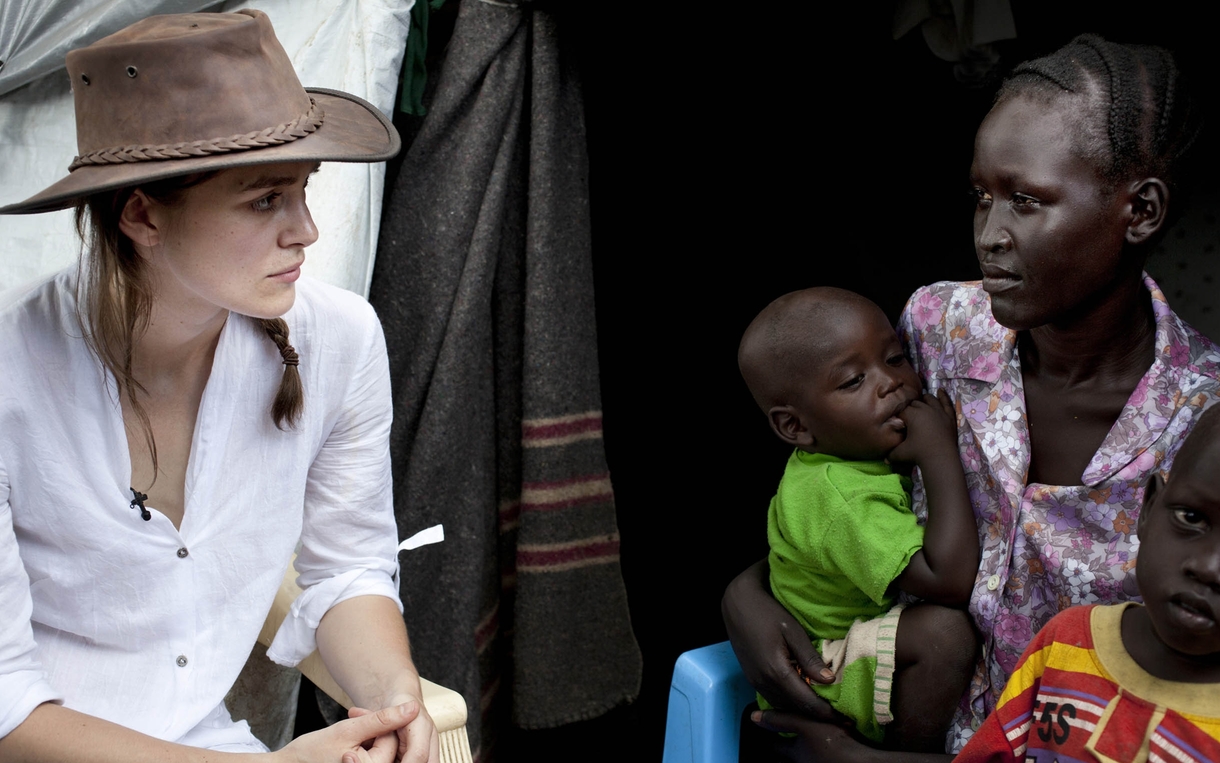On February 20th, 2014, Ruslan Kutaev, head of the Peoples of the Caucasus’
Assembly, was arrested and charged with having “a large amount of heroine”
on his person upon arrest. This arrest came two days after Kutaev publicly
criticized an order handed down by Chechnya’s leader, Ramzan Kadyrov. This order was one that prohibited
memorial events commemorating the 70th anniversary of the expulsion
of one of the Russian peoples known as the Chechens. The Chechens were deported
en masse to Central Asia on February 23, 1944 during the reign of Stalin.
Kutaev was upset because the order reflected a lack of commitment
on the part of the authorities to safeguarding historical memory. 2 days
after making that statement, Kutaev was arrested.
Kutaev
knew right away that his comments had angered those in power. The very next
morning after Kutaev had delivered his statement, Kutaev received a call from the head of Kadyrov’s administration
saying that Kadyrov was upset with Kutaev’s comments and wished to speak with
him. Afraid for his life, immediately after the call Kutaev left his home for
the village of Gekhi, where his relatives live. Kutaev was arrested the
next day at 2 p.m. by around 30 law enforcement or security officials.
Witnesses have said that upon hearing the noise of the approaching officials,
Kutaev stepped outside of his home and was instantly put in a car by officials
and was driven away. Kutaev was placed in custody 11 hours after being arrested
with bruises covering his body.
Kutaev’s
improper arrest and treatment by law enforcement shows the risks that are taken
when one speaks out against government orders. Kutaev was framed and beaten for
simply disagreeing with an order made by the government of the region of
Chechnya. When Kutaev was allowed to speak with his lawyer privately, he wrote
notes to his lawyer claiming that “on the day of his arrest unidentified
personnel beat him, subjected him to electric shocks, and threatened harm to
his family members to force Kutaev to confess to drug possession with intent to
sell.” Kutaev was obviously strong-armed into confessing to a crime that
was forced on him by the local government. This appalling treatment of
political dissent shows that Russia still has a great deal of progress to make
in the area of political abuses of power.
Will Walter
Link: http://www.hrw.org/news/2014/07/08/russia-chechen-activist-leader-arrested-beaten



